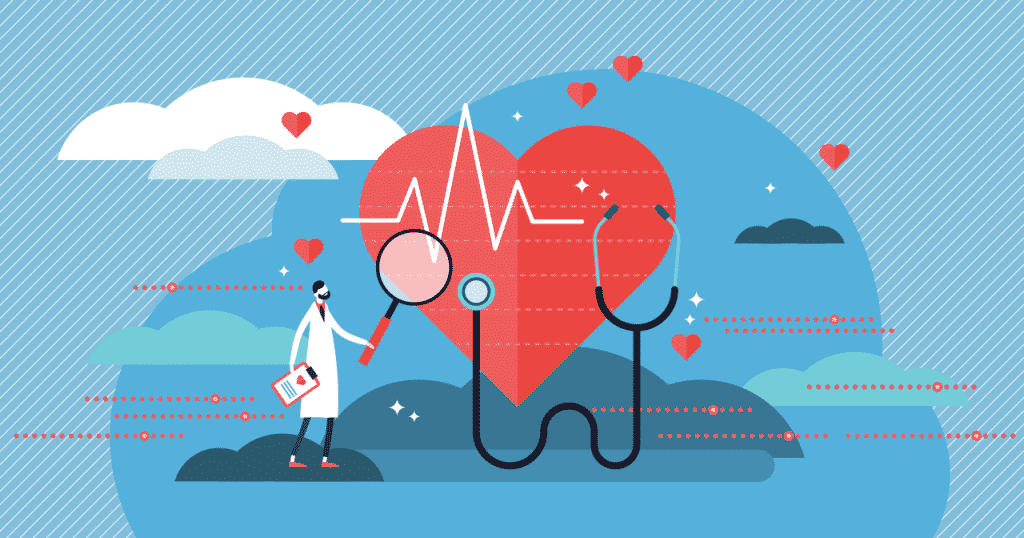Erectile Dysfunction
Your questions answered on erectile dysfunction. Including information about causes, treatment and prevention through lifestyle choices.
Medically reviewed by:

CM, OBC, MD, FRCSC, FACS, FCAHS

MD, B.Sc.
What is erectile dysfunction ?
Erectile dysfunction (ED) is the inability to get or maintain a firm erection for sex. It is more common as men age and is usually treatable. General sexual dysfunction may also include ejaculatory problems, penile deformities and libido issues.
ED is associated with a number of risk factors, including blood pressure, hormones, stress and lifestyle. It can also be an early warning sign for other serious health conditions like heart disease or diabetes.
Signs & Symptoms
Erectile dysfunction usually starts with slight difficulties that get worse over time. These may be a softening of the erection, loss of erection during sex, and possibly progressing to total lack of any firmness.
Risk Factors
There are a number of risk factors for ED ranging from issues with arteries and blood flow, to mental stressors. The chance of developing ED, and the severity of cases increases with age.
Risk factors include:
- Being over age 50
- Smoking
- Obesity or being overweight
- Diabetes
- Heart disease
- High blood pressure
- High cholesterol
- Substance abuse with drugs or alcohol
- Stress and fatigue
- Depression, anxiety or other mental health conditions
- Penis deformities (eg Peyronies)
- Social/partner challenges
- Low testosterone
- Certain prescription medications
- Brain diseases like Parkinson’s and Multiple Sclerosis
- Certain medical treatments including prostate surgery, or cancer radiation
- Injuries to the nerves or arteries that control erections through external trauma or surgery in the pelvis
Are You At Risk?
Learn your risk level for the most common men’s health conditions in 10 minutes with a free, confidential, and personalized report.
Diagnosis
Having problems with erections from time to time may not be a cause for concern and are usually attributable to transient stress, fatigue, or relationship issues. If the problem is persistent and ongoing, especially if you have risk factors, speak to your healthcare practitioner.
Importantly, ED can be associated with other serious health conditions like heart disease, hardening of the arteries, spinal cord diseases and quite commonly in diabetes.
Prevention
Eat Healthier
Eating a diet that is good for your heart health is also helpful for penile health. The Mediterranean diet is a good starting point. Aim for a diet rich in vegetables, with healthy sources of protein, Omega-3s and fatty acids. Wild salmon, mackerel, tuna, and DHA fish oil are great ways to get your Omega-3s.
Get Active
Regular exercise improves your overall health, and can help reduce many of the risk factors associated with ED. Aim for 150 minutes of heart pumping activity every week.
Drink Less
Sexual dysfunction is common in men with alcohol dependence. Aim to reduce your alcohol consumption following Canada’s Guidelines.
Quit Smoking
Smoking tobacco is damaging to the arteries and blood vessels necessary for getting and maintaining an erection. When you quit smoking, you will help maintain and improve erectile function.
Stress Less
The brain plays a key role in triggering an erection. Stress and anxiety can interfere with this role and cause or worsen ED. If stress is impacting your life, consider speaking with a mental health professional. Visit CMHF’s MindFit Toolkit to access free tools to help tackle chronic stress
Treatment
An individualized treatment plan is dependent on your risk factors, lifestyle and severity of ED.
If ED is related to stress, anxiety or mental health conditions, CBT or clinical counselling may be recommended. Other first-line treatments may include oral medications and lifestyle changes to diet, activity, smoking or substance use.
Direct treatment options can include tablets in the urethra, injections into the penis, or vacuum pump therapy. Lastly, if all other treatments are not successful, penile implant surgery may be considered.
Frequently Asked Questions
A Guy’s Guide to Eating Healthy
Make healthy eating easier with simple dietitian tips, food facts and recipes made for men.

proudly sponsored by:

Medically reviewed by:

Dr. Larry Goldenberg, CM, OBC, MD, FRCSC, FACS, FCAHS
Dr. Goldenberg is a urologic surgeon and clinical scientist, who specializes in prostate cancer research and treatment.
More about Dr. Larry Goldenberg
Dr. Ryan Flannigan, MD, B.Sc.
Dr. Flannigan is director of the Male Reproductive and Sexual Medicine Research Program in the Department of Urologic Sciences, and fellowship director for Male Reproduction, Medicine and Microsurgery
More about Dr. Ryan Flannigan



